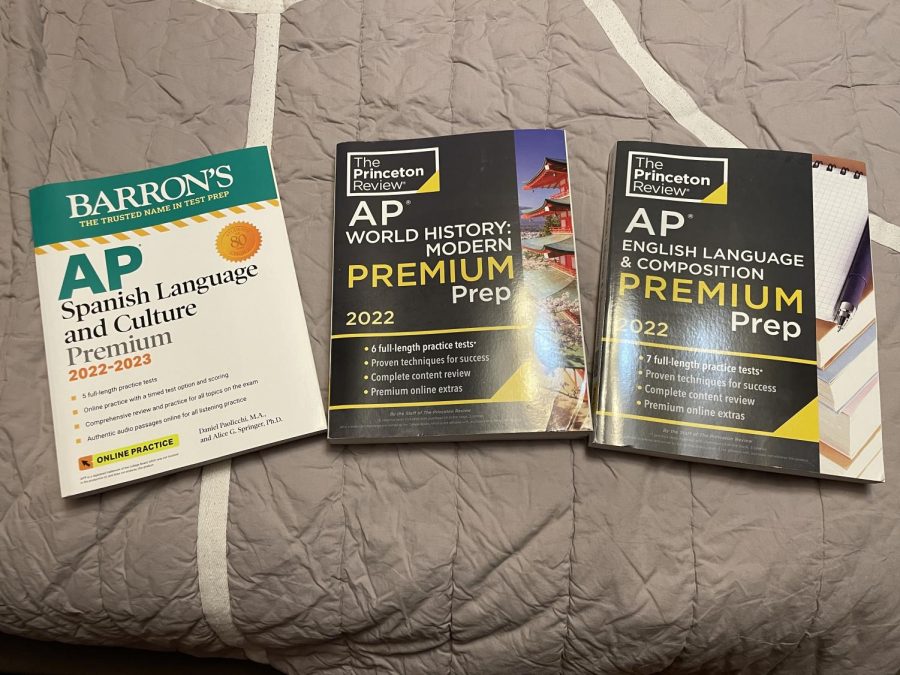AP overload: two tests in one day is unrealistic
Racing towards the finish line at the WCHS track, Arnav Juneja practices for the next upcoming track meet. The junior prepares for the 200 meter and 400 meter races as a mid-distance sprinter.
May 20, 2023
Pens scribbling on test booklets, timers ticking down on boards, and students inevitably stressing at each turn of a page. When AP season kicks off across the nation on May 1, these are things one can be guaranteed to see in every testing room. As students prepare for what are arguably the biggest two weeks of the year, the close proximity of all the tests is truly a major stressor.
With over 30 different AP tests being issued over a span of only 10 school days, the possibility of a student having multiple three-hour tests in a single day is surprisingly high. Combine that with the fact that this tight schedule affects already stressed upperclassmen more, as they are taking more AP classes on average and are dealing with SAT testing or college searches, only goes to show that the current AP system is an incredibly big stressor that no high schooler should have to pay to deal with.
In a US News article from June 2022, the writer discusses a study conducted at a school in Virginia in which students taking more AP classes had severely higher rates of abnormal sleep schedules, erratic behavior, and poor diet during the testing season. If the College Board and high schools around the country truly seek to prepare students for the next steps of their lives, taking measures to eliminate this excess stress must be done.
Additionally, a Forbes article from 2017 noted that students who took multiple exams in a short period of time were also more likely to perform poorly on them, as studying for both while prioritizing physical and mental health is nearly impossible. As the whole goal of AP exams is to pass and get college credit, it is absurd that there is no way for students to have a slight break in between tests to gain a little more study time.
Unfortunately, many students at WCHS will be affected by the stress of taking two AP tests on the same day this year. For example, many seniors are planning to take the AP Environmental Science and Psychology tests on May 2, as well as the AP Macroeconomics and Statistics tests on May 4. There will also be plenty of juniors at WCHS taking the AP Modern World History and Physics 1 Tests on May 11. However, there is a way to take away the stress for students next year.
To fix this, the College Board should offer make-up testing days for students that have two AP tests on the same day. In this new system, students would take whatever the earlier test is on the correct day and then utilize the make-up day for the second test. These tests can occur in the week following the normal AP testing so most, if not all students across the country will still be in school.
While there is nothing that students or school administrators can do to make an immediate change to the problem, the first step would be to contact the College Board and protest for a greater range of testing dates to decrease the likelihood of students having multiple AP tests in a single day. This way, the College Board at least gets to keep their level of resource expenditures from not having to create more test booklets and does not have to make such a drastic change immediately.
In short, if prioritizing the physical and mental health of students is something schools across the country are claiming to do, then they must step in to demand change from the College Board. Simply put, there must be reform done by the College Board in order to accommodate for the great cram of AP season.



